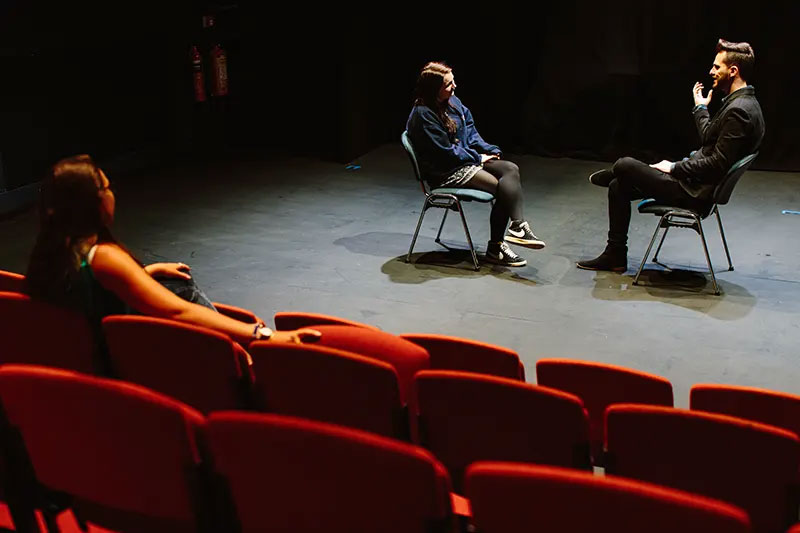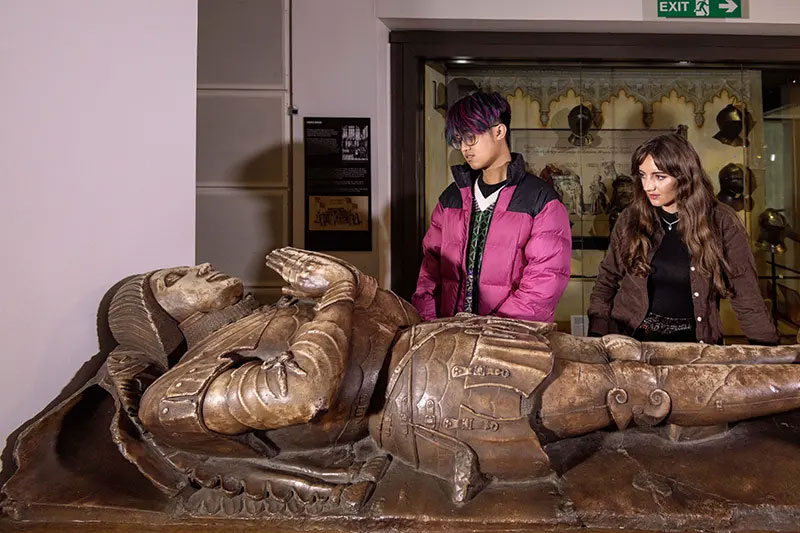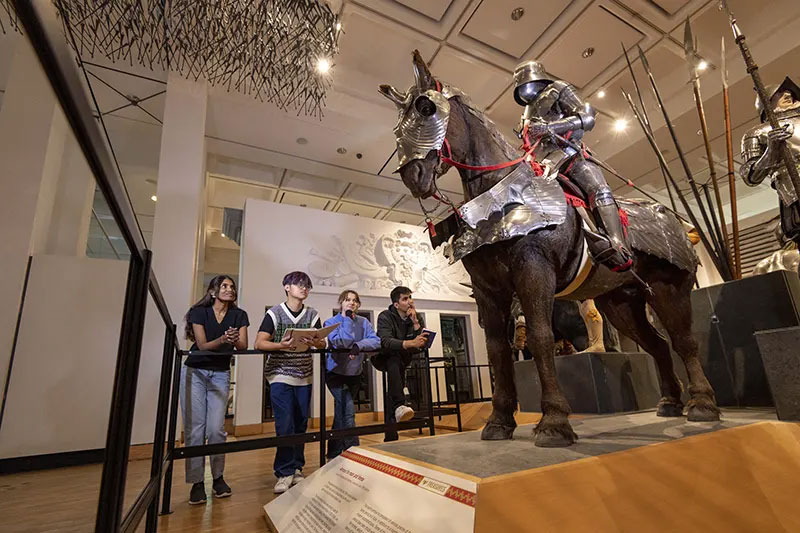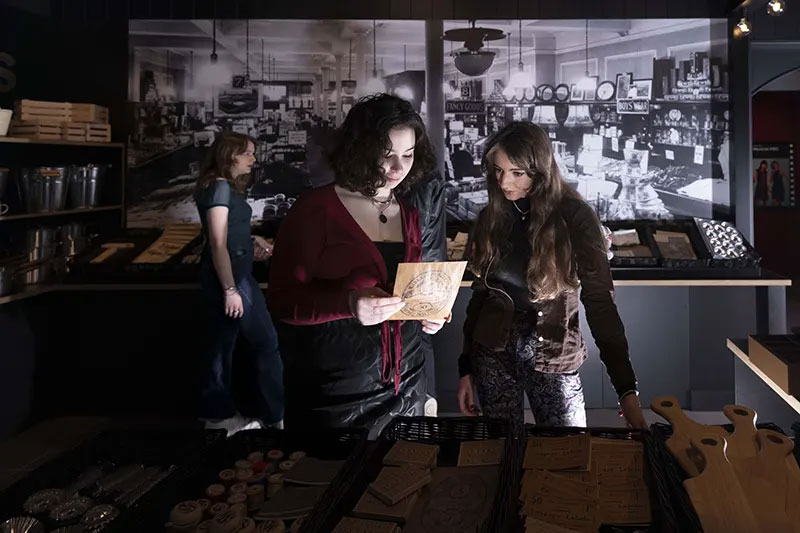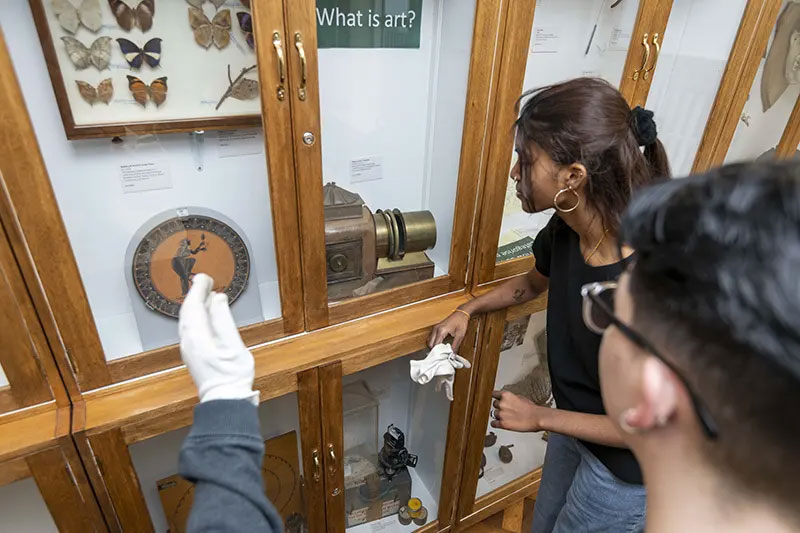This course centers on challenging established notions of engagement and participation in the arts and culture to discover how to lead and manage a more audience-centred approach to arts management and cultural policy. You'll examine how policy makers, cultural organisations, and artists conceptualise the role of audience in contemporary cultures and economies on both a local and global scale. You'll learn how to research arts audiences and evaluate visitor experiences. This will help you develop your professional practice as well as engage your intellectual curiosity.
The arts have enormous potential to effect positive change in society. However, participation data has uncovered a lack of diversity in the age, ethnicity, education level and socioeconomic background of audiences in the cultural sector, alongside a decline in overall levels of arts engagement. This sits alongside efforts to address accessibility and structural inequality for both audiences and the creative workforce.
This course allows you to respond and contribute to the highly topical debate surrounding strategies to increase engagement and participation, while pursuing your own interests and career ambitions. Through a combination of theoretical analysis and research, you'll explore the possibility of creating a more genuinely participatory culture while developing your own skills in techniques and practices of engagement.
You'll explore theoretical concepts such as co-creation and participatory governance, alongside investigation into community and participatory arts practice, the implications of digital engagement, and conceptual design of audience experiences. Through a wide variety of optional modules you can cultivate applied skills in a range of disciplines, such as digital storytelling, creative production and heritage management.












